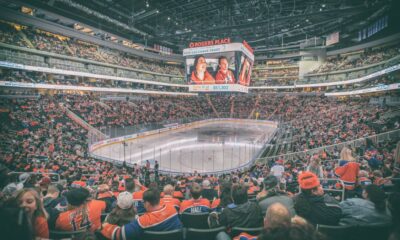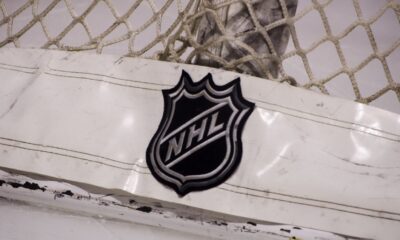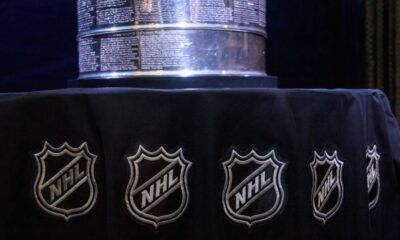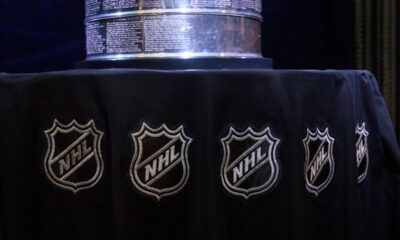NHL
Top NHL scorers in their rookie season: Finnish Lightning’s Teemu Selanne holds the record
This is one of the few records in the NHL not held by Wayne Gretzky. In fact, in the 1992/93 season, a comet named Teemu Selanne burst into the NHL and broke a long-standing record held by a legend named Mike Bossy for 25 years.
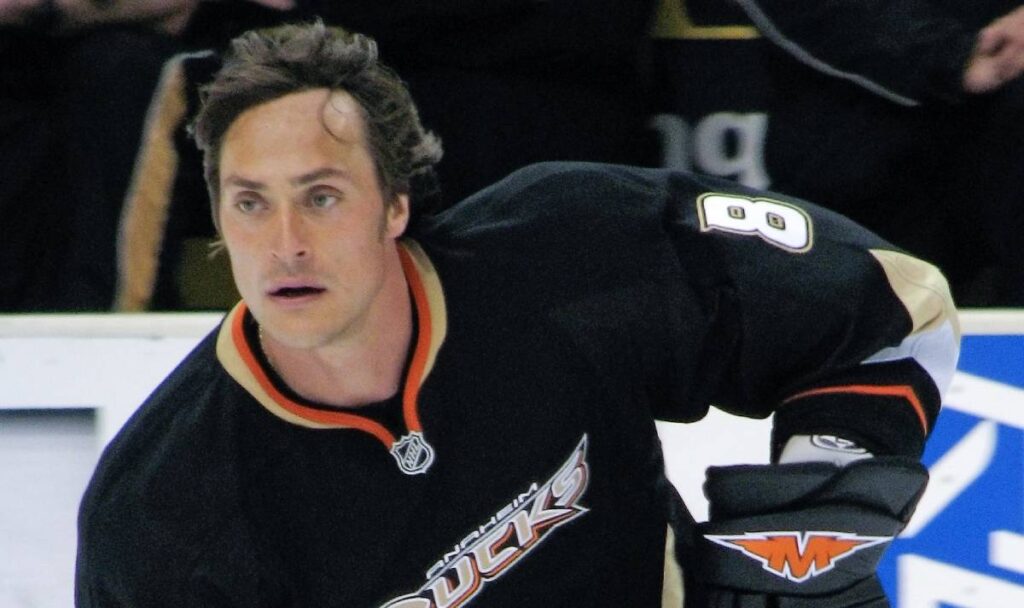
This is one of the few records in the NHL not held by Wayne Gretzky. In fact, in the 1992/93 season, a comet named Teemu Selanne burst into the NHL and broke a long-standing record held by a legend named Mike Bossy for 25 years.
Nowadays, it’s really something if a rookie in the NHL scores at least 30 goals in his first season. In the entire history of the NHL, there are even four players who have surpassed the 50-goal mark in their first season.
Teemu Selanne (1992/93) – 76 goals in the NHL
The Finnish Lightning stormed into the NHL in truly unprecedented fashion. The entire 1992/93 season was very offensive-minded and gave a flashback to the 80s. No less than 14 players broke the extra class mark of 50 goals scored.
In a weak Winnipeg, Selanne absolutely exploded with goals and shared the scoring crown with Russian Alexander Mogilny. The Finnish hockey player deservedly won the award for rookie of the year – the prized Calder Trophy.
Above all, he broke the record of cannonballer Bossy (53 goals scored) that had stood for a quarter of a century. Selanne thus surpassed him by an impressive 23 goals. The Finnish Lightning has broken the 50-goal mark three times in a season during his career. In total, he managed to score 684 goals in the regular season.
Mike Bossy (1977/78) – 53 goals
Shooting whiz Mike Bossy also broke into the NHL with over 50 goals and set a new record for rookies in NHL history, which stood for an incredible 25 years. A member of the famous New York Islanders era of the early 1980s, he managed to win the Stanley Cup four times in a row before taking the reins with the Edmonton Oilers.
Bossy managed to score over 50 goals in his first nine seasons, including at least 60 goals five times. He still holds the scoring record with a .762 goals per game average. Unfortunately, like Bobby Orr, he had to retire from hockey at the age of 30 due to health reasons.
Since he was a goal scorer who was blessed with shooting potential by God, if his health had allowed it, he would certainly have been much higher in the scoring charts. With Bossy, only two other players have managed to keep pace with him, who have managed to surpass the mythical 50 goals scored mark at least 9 times. They are Wayne Gretzky and Russian Alexander Ovechkin.
Alexander Ovechkin (2005/06) – 52 goals
The Russian goal scorer also stormed into the NHL in style, breaking the 50-goal mark again after 23 years as a rookie. In doing so, he put a nod to Russian scorers Pavel Bure and Alexander Mogilny. He deservedly took the Calder Trophy for rookie of the season, of course, like the aforementioned.
Oveckin has so far linked his entire overseas career with the Washington Capitals, where he has won every individual trophy including the Stanley Cup, and over the years he has developed into the NHL’s second all-time leading scorer. In the process, he is slowly approaching the 894-goal scoring record set by Gretzky. Although this season, the scoring machine has stuttered a bit.
Joe Nieuwendyk (1987/88) – 51 goals
The Canadian hockey player had tasted the NHL a season earlier, but he played only 9 games and was therefore treated as a rookie the following season. And in that second season he was one of only 8 players who managed to reach 50 goals in a season.
For this feat he was also awarded the rookie of the season trophy. He also managed to break the 50-goal mark a season later. After that, he never managed to do it again. He left the NHL with 564 goals scored, winning 3 Stanley Cups with 3 different teams and of course he is a member of the Hockey Hall of Fame.
This selection does not include the legendary Gretzky. He scored 51 straight goals in his first season in the NHL. However, he was not considered a rookie, as he had played the previous season entirely in the competitive WHA (World Hockey Association) competition, which was also for professional athletes.
Source: NHL, Wikipedia

